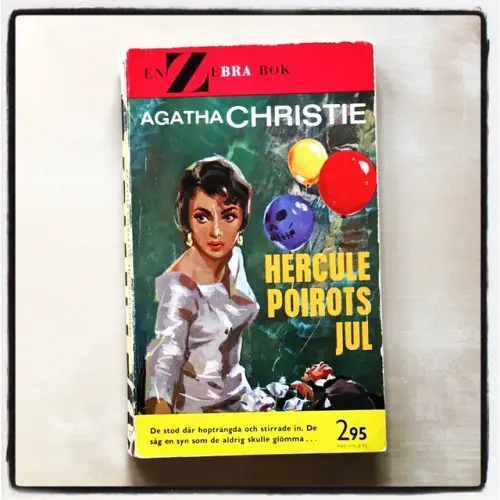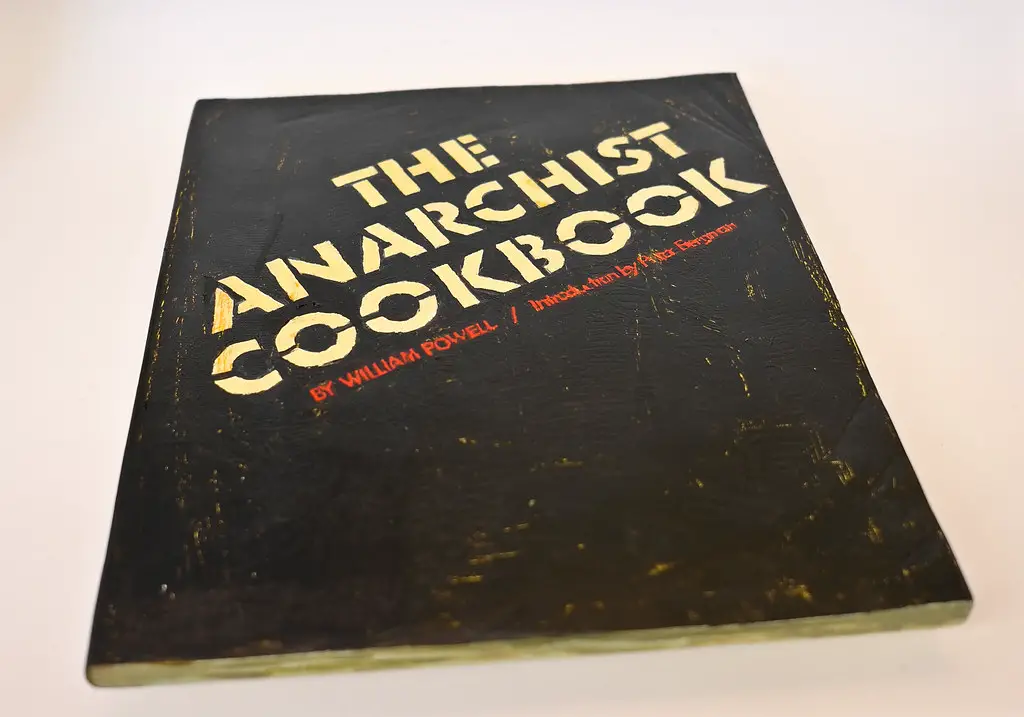How often do you think that authors reread their published books, just for the joy of it? Most novelists and writers probably tend to avoid reading their own work, because they rarely consider their work finished. When a publisher release the book and the readers buy it, it is usually a recent draft. Maybe there are grammatical errors they want to correct, characters they want to edit, and scenes they want to add and/or remove. No matter what the reason may be, authors can be their own worst critics, identifying ways to improve their work, spotting flaws, and wanting the piece to be temporarily or permanently withdrawn from publication.
Reading Your Own Books Should Be Rewarding
Reading your own books as an author should be rewarding, but you are likely going to mentally overreact. You probably wouldn’t overreact if you are fortunate enough to make appearances at literary nights and/or festivals, but you may be asked to do book readings. A lot of publishers ask that you do book readings as a big part of book promotion, so that would be the time to get out of your comfort zone. Your anxieties may return, but if children are present, then you should set a good example by being confident in your work. I hope you love children and interacting with people in general.
The daunting task of rereading your own work as an author can be torture, sort of like recording yourself talking and listening to an uninspiring attention grabber, a monotone voice, how often you pause while talking, and overall, an unrehearsed presentation. Reading your own book can be similar to talking on stage or watching yourself on television, depending on how many people are listening and their social status. The audience will recognize if you use convoluted sentences, senselessly boring them into oblivion as if they’re hearing a legal contract.
Why would you torture yourself with not wanting to read your own book? You wrote the book, so do you want to risk another person loving what you wrote more than you? Either you have an issue with what you wrote or have an issue with the public’s reaction to it.

Someone you are head over heels for can be the person you have to read the book to. The person may be intimidating, placed on a high pedestal, having a special place in your heart that can send you into turmoil. Then again, is your shirt incongruous with your jacket? Are there any characters in your book that has a raffish hairstyle and you rue the day you wrote about it? You have to stop overthinking and think about what’s positive.
Seriously, how will you read your book if it can be difficult to say your name properly in front of certain people? Eventually, you’ll have to make eye contact with the audience at times, to create a bond between the speaker and the listener. Looking at the audience is an instinctive way to get them to look back at you, listen to you, and likely consider your message.
What if you’re arrogant that you have the best book of all-time, only to find out about the nerve-racking details or that the readers dislike the content? Are you certain you’ll have any readers if you publish your book? At least if you read your own work, it’s done by you, even if someone tries to compare your work to others or mention how original it is.
Did Agatha Christie Hate Her Most Famous Character?
Agatha Christie is the author of 102 books, including 66 mystery novels, as well as poetry, short story collections, and non-fiction. She is considered the “Queen of Crime” and is known for characters, like Miss Jane Marple (a septuagenarian detective), Tommy and Tuppence Beresford (two private detectives), and her most famous character, Hercule Poirot (the Belgian detective).

She wrote stories about Hercule Poirot and resented the character’s popularity because her publishers were reluctant to have her experiment with other ideas. Tom Dalton (a screenwriter of three Agatha films for Channel 5) revealed in an exclusive interview with RadioTimes.com, “We found somebody saying that [that she thought Conan Doyle was the better writer]. It’s one of those things where it’s sort of heresay, but it’s quite nice. We never found a quote from her saying that, but yeah. We found hearsay.”
Tom also mentioned, “Yes, she [Christie] really didn’t like him [Poirot] – she didn’t like specifically aspects of his personality. You know, there were clearly things about this personality that she had created which really wound her up. He was petty and sort of egotistical – these things that make Poirot the great character he is. Because that’s the thing: what makes him such a good character are at the same time the things she really didn’t like about him.“
Christie had the intention of killing off her most famous character, Hercule Poirot during the early 1940s, but locked the book manuscript in a vault for 30 years, then it got published under the title, Curtain. If Christie was unsatisfied with writing about Hercule Poirot, you can’t expect her to be satisfied reading such content.
Do You Dislike Reading Your Book?
Not reading every day can do you a major disservice. While some people are avid readers, others can go a lifetime without reading the dictionary. Most of us have to read warning signs on a daily basis. In modern society, many of us are used to being avid readers of text messages and social media posts but refrain from picking up a book. Books can offer a sense of companionship. It could be that you dislike reading in general and if that’s not true, you simply dislike reading your own work.
The Anarchist Cookbook
William Powell’s The Anarchist Cookbook (1971) includes instructions for building and planting bombs, cooking tear gas, and making your own silencer. In 2000, he wrote a letter to the book’s fan club, disowning it, “I am not in agreement with the contents of The Anarchist Cookbook, and I would be very pleased (and relieved) to see its publication discontinued. I consider it a misguided and potentially dangerous publication which should be taken out of print.”

Since the copyright is owned by the book’s publisher, Powell does not have the right to take the book out of print. In 2013, a school shooter at Arapahoe High School in Colorado was reading Powell’s book prior to the event. If you wrote a book that influenced someone to commit mass murder, would you continue reading it?
